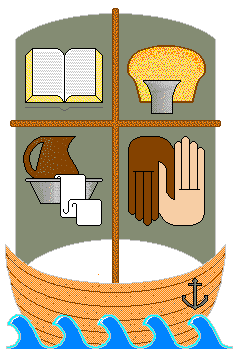Judas
- An apostle (Matthew 10;Mark 3:13-19)
- Filled with the Spirit (Matthew 10:20)
- A found sheep (Matthew 10:16)
- Ordained to preach (Mark 3:13)
- Ordained to heal (Mark 3:13-14)
- Endowed with power (Matthew 10:1-8)
- A successful preacher and healer (Mark 6:7-13;Luke 9:6,10)
- A baptizer in water (John 4:1-2)
- A possessor of eternal life (John 17:2with John 17:12)
- A saved man and had his name in the book of life (Acts 1:20with Psalm 69:25-28; cp. Luke 10:20 with Mark 6:13)
- Promised an eternal kingship (Matthew 19:28)
- First treasurer of the church (John 12:4-6;John 13:29)
- A familiar friend of Christ (Psalm 41:9). The Hebrew for “familiar” is shalowm (OT:7965), safe, favored, perfect, friend. See notes onPsalm 41:9; Psalm 69:25-28; Psalm 109:3-20; John 17:12. Would Christ have trusted an enemy? Would God have chosen and ordained an unsaved man to preach and heal?
- Trusted by Christ (Psalm 41:9). Since Christ knew what was in men (John 2:25) He knew Judas could be trusted like any saved man until he falls.
- Not an enemy of Christ, not one that hated Him, but an equal in grace, a guide, and an acquaintance who counseled and fellowshipped with Him in God’s house (Psalm 55:12-14). That this refers to the betrayal is clear fromJohn 13:18-19; Acts 1:16-17; Psalm 41:9.
- A divine officer of the gospel (Psalm 109:8;Acts 1:20; Matthew 10:1-8)
- Part of the apostolic ministry (Acts 1:16-17,25;Matthew 10:1-20)
- A thief-that is, he became a thief (John 12:4-6), an adversary (John 6:70), and unclean (John 13:10-11), and “by transgression fell” like all backsliders (Acts 1:25;Mark 14:21)
